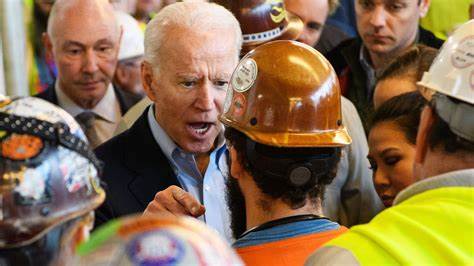Starbucks and the National Labor Relations Board (NLRB) are currently locked in a pivotal legal confrontation before the highest court in the land, emblematic of a broader trend where major corporations are challenging the powers and prerogatives of the federal agency tasked with upholding workers’ rights.
Under the Biden administration’s more labor-friendly stance, the NLRB has witnessed a surge in union organizing efforts and strikes, prompting pushback from some prominent corporate entities. These companies, often backed by conservative-leaning judicial circuits, are contesting what they perceive as regulatory overreach by the NLRB, which they argue impedes their operational autonomy.
At the crux of the Supreme Court case on Tuesday lies the NLRB’s authority to swiftly reinstate employees terminated for their involvement in union activities, bypassing protracted legal proceedings. The case stems from Starbucks’ dismissal of seven employees, dubbed the “Memphis 7,” allegedly for their role in unionizing efforts at a store in Memphis in 2022. This saga has become emblematic of broader labor struggles and has garnered national attention from labor advocates.
Starbucks contends that the NLRB’s actions lack consistency across different jurisdictions, with some courts employing a more lenient approach in granting preliminary relief to terminated workers. The coffee giant argues that the NLRB’s petitions for injunctions in federal courts place undue burdens on employers, disrupting business operations and creating uncertainty.
Conversely, the NLRB asserts that seeking injunctive relief is crucial to safeguarding workers’ rights and maintaining workplace integrity. Jennifer Abruzzo, the NLRB’s General Counsel, underscores the necessity of prompt action against employers accused of unfair labor practices to prevent further harm to workers and deter future violations.
During the Supreme Court proceedings, justices probed the balance of power between the NLRB and federal courts, with both conservative and liberal members expressing reservations about granting special deference to the agency. Critics argue that the NLRB’s actions risk eroding the role of district courts as impartial arbiters in labor disputes.
While this case represents the first direct challenge to the NLRB’s authority before the Supreme Court, other legal battles loom large, as companies like SpaceX, Amazon, and Trader Joe’s question the very legitimacy of the agency. The outcome of these legal skirmishes holds profound implications for the future of labor relations and the enforcement of workers’ rights across the United States.
As the Supreme Court deliberates on the Starbucks-NLRB case and other challenges to the agency’s mandate, stakeholders across the labor landscape await a landmark ruling that could redefine the contours of employer-employee dynamics and shape the trajectory of labor law enforcement in the country.
